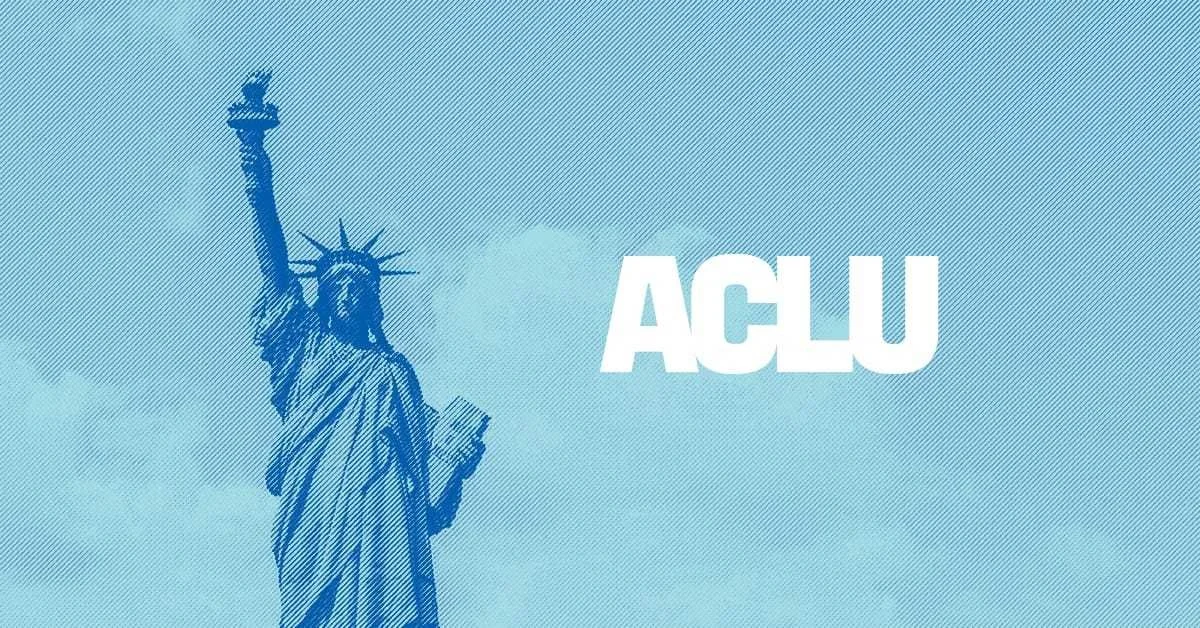OPINION: Civil Liberties Chatroom — healthcare is not a partisan issue
Zoya Bessler is a freshman studying Public and Community Health and a member of the ACLU of Ohio University.
The following article does not represent the views and opinions of the ACLU of Ohio University, the ACLU of Ohio or the ACLU. This is a submitted column. Please note that these views and opinions do not reflect those of The New Political.
A study by The PhRMA Foundation found that 88% of voters are drawn to a bipartisan healthcare reform proposal that focuses on reducing prescription costs, improving the rebate system and promoting collaboration in drug research between government and biopharmaceutical companies.
All the major parties want healthcare reform, yet our political system is extremely split. In Athens County, official election results from the 2020 presidential race show that 56.6% of the vote went to President Biden, and 41.58% went to Donald Trump. This split, rather evenly, is not unique to Athens County; it is reflected across the country. However, in our local community, it is easier to see how desperately we need our major political parties to come together for the good of our health.
The divided nature of politics in Athens County contributes to the pervasiveness of the numerous public health issues we face here. In Athens, 20.4% of citizens reported having experienced food insecurity, leading to malnutrition, anemia, anxiety and other issues. Environmental issues are another problem in Athens; Bobcats are warned about numerous occurring boil advisories yearly. Ohioans face medical debt, too; a 2019 study by RIP Medical Debt found that 35% of Ohioans struggle to pay their medical bills. Considering the poverty rate in Athens (22%), I am certain the medical statistic is much higher in this county.
In this short article, I cannot begin to explore all the nuances of the healthcare issues face in Athens, such as addiction, mental health and sexual assault.
If the local and national political split persists, progress will never be made on these healthcare issues. Our major parties need to come together for the sake of our citizens. Athens got a lot of attention for some of these issues, especially food insecurity, after Joe Burrow's success in the National Football League. However, despite short waves of, albeit extremely helpful, donations after one of Burrow's speeches, things remain relatively the same concerning healthcare in Athens. It takes policies, laws and reform to change the state of healthcare.
How do we go about this? We show people. As a part of the American Civil Liberty Union's student chapter, I have received many questions. I was recently asked, "So the ACLU? That's like a liberal group, right?" One thing people don't know is that bipartisan groups do exist in America. The ACLU has fought for the freedom of speech of a Klu Klux Klan member and the freedom of speech of students protesting the Vietnam War. This group does not pick sides, they defend the rights of Americans.
The first step to making people come together and support bipartisan healthcare reform is making sure people know that bipartisan groups do exist! The idea of something being bipartisan is so difficult for many people to fathom here. Bipartisan reform is possible if we show people that others are like them. They do not need to defend the choices of their preferred party blindly.
Making decisions based on party alliances has stopped us from doing what is best for people. Political arguments and party alliances have reached a standstill. Athens County is an example of how we can never make progress unless we come together for change. No one expects you to change your political identity. Still, each person has a decision to make: overcome the borders between Democrats and Republicans to improve healthcare. Creating lasting change is not a partisan priority; it is one for voters throughout Athens County and the entire country.

